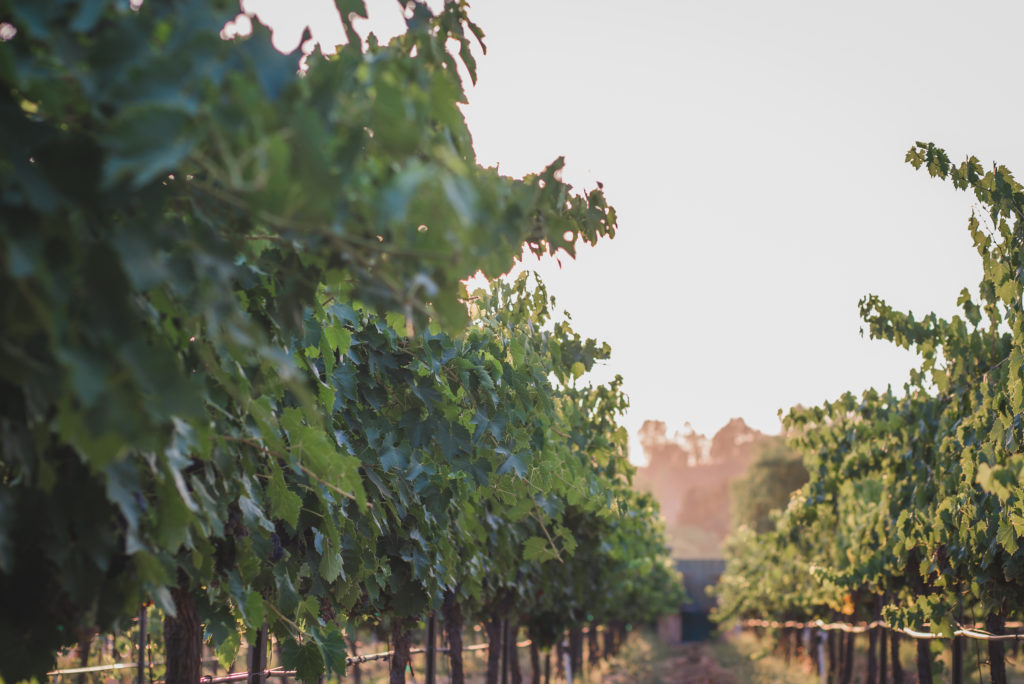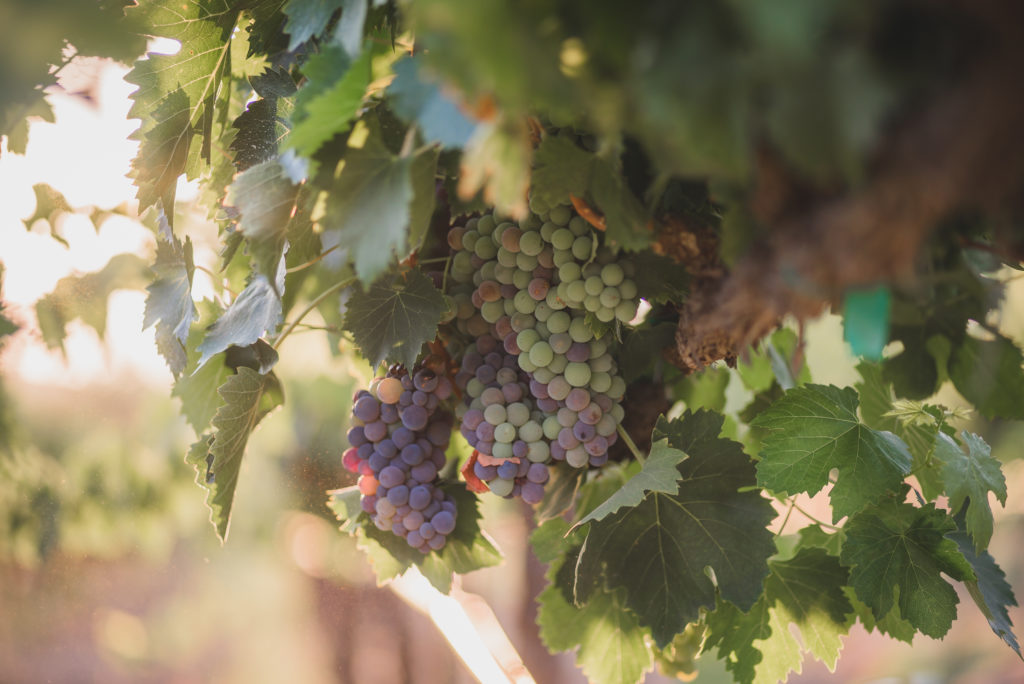
What is Tannin?? It’s not just a fancy wine word we throw out there to be pretentious (although we DO love to be pretentious)!

Tannins cannot be tasted or smelled but felt.… they cause a reaction in your mouth that many refer to as astringency. Different types of wines have different levels of tannin depending on the grape variety they which come from grape skins, stems, seeds and oak barrels. Many describe tannin as the “pucker power” of a wine. In nerd lingo, tannins encompass several classes of phenolic compounds which taste bitter.

Ever wonder why red wines can age longer than whites? It is partly due to tannins, which act as preservatives. Red wines remain in contact with the skins of the grapes for a longer period of time, enabling them to pick up more tannins. Red wines are also aged in oak which in turn, leads to age ability.

How does tannin affect farming? They act as an organic pesticide for the grapevine. Tannins are found in many plants and create an unpleasant flavor profile to act as a natural defense mechanism against pests. Tannins are in many foods such as walnut skins, dark chocolate, apple skins, and green tea. As if we didn’t have enough excuses to drink wine, keep in mind that tannins are actually good for you!
Cheers!
Danaé Wegner, WSET Level 2
Director of Tours and Wine Education

